Your Estate Plan Is Probably Outdated (Or Missing Entirely)
Your Estate Plan Is Probably Outdated (Or Missing Entirely)
Estate planning is one of those things everyone agrees is important — but few people actually keep updated. For many, it’s one of those “set it and forget it” documents… until something goes wrong.
Here’s the reality: Most people either don’t have an estate plan, or they’re relying on one that hasn’t been touched in years.
We see it all the time — even among successful business owners, retirees, and high-net-worth families.
Sometimes the documents are buried in a filing cabinet.
Sometimes they’re missing key components.
And sometimes they’re dangerously outdated.
Let’s look at a real-world example of what that can look like — and how to avoid it.
Rick’s 2006 Estate Plan
Rick was a real estate investor who built a multi-property portfolio and exited in his early 60s with a solid net worth and a paid-off home. He was sharp, proactive, and financially independent. But like many people, he figured his old estate plan would do the job.
It didn’t.
Rick passed away unexpectedly. When the family opened his estate documents, here’s what they found:
His healthcare proxy was his ex-wife
His trust beneficiaries were still listed as minors
His will hadn’t been updated in 15 years
None of his recent real estate was titled in the trust
Cue: delays, legal fees, family arguments, and awkward conversations that started with, “Wait… what?”
Rick didn’t mean to leave behind a mess.
But by not updating his estate plan, he unintentionally did.
Why This Happens
Estate planning isn’t top-of-mind — until it has to be.
It’s easy to push to the bottom of the to-do list because:
It feels complicated
You assume you “already did it”
No one’s asking about it (until it’s too late)
But an outdated or incomplete plan can cause massive problems: probate delays, misdirected assets, unintended beneficiaries, tax inefficiencies, and family drama that can last for years.
When to Update Your Estate Plan
You don’t need to update your estate plan every year — but you do need to review it regularly and update it after major life or financial changes.
Here are common moments when your plan should be revisited:
After selling a business
When you move to a different state (estate laws vary)
After marriage or divorce
When you buy or sell property
When children or grandchildren are born
If a beneficiary becomes disabled or passes away
When a child gets married and you’re… unsure about the spouse
After major tax law changes (like SECURE Act or estate tax shifts)
Even if nothing has changed in your life, it’s still wise to review your plan every 3–5 years to ensure everything still reflects your current wishes.
What a Good Estate Plan Includes
A strong estate plan isn’t just about having a will. It’s a coordinated set of documents that cover your assets, your healthcare, and your legacy — both during your life and after.
Here’s what every comprehensive plan should include:
1. Will
A legal document that directs how your assets are distributed after death and who will care for minor children, if applicable.
2. Revocable Living Trust
Avoids probate and allows for smoother, more private asset transfers. Ideal for those with real estate, blended families, or more complex wealth.
3. Power of Attorney
Gives someone you trust the ability to make financial decisions on your behalf if you become incapacitated.
4. Healthcare Directive (Advance Directive or Living Will)
Outlines your medical wishes and appoints someone to make healthcare decisions for you if you’re unable to do so.
5. Beneficiary Designation Review
Your will doesn’t override the named beneficiaries on IRAs, 401(k)s, life insurance, or other accounts. You must review and update those regularly.
The “Invisible” Part of Estate Planning
Many advisors treat estate planning as a checkbox. We don’t.
At Compound Advisory, we collaborate with your estate attorney to make sure your documents match your overall financial plan.
That means:
Ensuring your trust is actually funded with your assets
Making sure account titles and beneficiaries align with your wishes
Integrating estate planning with your tax and investment strategy
Adjusting the plan as your life evolves
We don’t just ask, “Do you have a will?”
We ask, “If something happened tomorrow, would your family know exactly what to do — and would your plan reflect who you are today?”
The Bottom Line
Leaving behind money is easy.
Leaving behind clarity is the real gift.
Estate planning isn’t just about taxes and documents. It’s about making things easier for the people you care about.
And whether you’re worth $800K or $8 million, whether you’re 38 or 68 — the best time to update your estate plan is before life surprises you.
If it’s been a while since you looked at yours, we’re here to help.
Want a second opinion on your estate plan?
Let’s make sure everything aligns — your assets, your goals, your legacy.
Learn more at compoundadvisory.co
Estate Planning Checklist
Use this list to review what you have — and what needs an update:
Will (updated and reflects current wishes)
Revocable Living Trust (especially if you own real estate or want to avoid probate)
Durable Power of Attorney (for financial decisions)
Healthcare Directive / Living Will
Updated list of beneficiaries on IRAs, 401(k)s, life insurance
Trust is funded — assets titled correctly
Plan reflects recent life changes (marriage, divorce, grandkids, business sale)
Estate plan complies with current state laws (especially if you've moved)
Executors, trustees, and proxies are still the right people
Reviewed within the last 3 years


